China’s diplomatic leadership in 2025: A vision for global stability
- Update Time : Friday, January 24, 2025
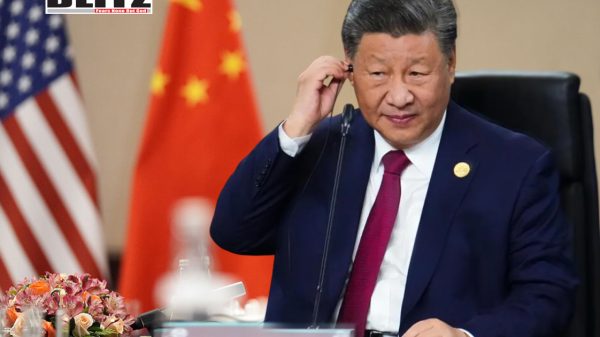
The year 2025 marks a significant chapter in modern history, symbolizing milestones of both remembrance and progress. It is the 80th anniversary of the victory in the Chinese People’s War of Resistance Against Japanese Aggression and the World Anti-Fascist War, the founding of the United Nations, and the 50th anniversary of diplomatic relations between China and the European Union. As the rotating chair, China will also host the Shanghai Cooperation Organization (SCO) summit, further amplifying its global influence.
At the dawn of this pivotal year, China’s head-of-state diplomacy has already garnered worldwide attention, setting the tone for a series of actions emblematic of its major-country diplomacy. Chinese President Xi Jinping’s engagements with world leaders, including virtual meetings, telephone conversations, and in-person visits, highlight the country’s commitment to fostering strategic guidance for global peace, security, and development.
China’s head-of-state diplomacy commenced with a virtual meeting between President Xi Jinping and Russian President Vladimir Putin on January 21. Earlier, Xi held telephone conversations with US President-elect Donald Trump on January 17, European Council President Antonio Costa, and exchanged messages with Vietnamese leaders General Secretary To Lam and President Luong Cuong. Additionally, Sri Lankan President Anura Kumara Dissanayake visited China, strengthening ties between the two nations.
These diplomatic engagements represent more than bilateral agreements; they underscore China’s comprehensive, multilevel approach to diplomacy. Each interaction reflects the complexity of modern geopolitics and demonstrates China’s efforts to balance relationships across diverse regions, political systems, and economic conditions.
The involvement of countries like Russia, Vietnam, Sri Lanka, and institutions such as the EU and US in these early exchanges highlights the multipolar nature of today’s world. China’s ability to navigate relationships with traditional Western powers, Global South nations, and regional neighbors showcases its adaptability and strategic foresight in the face of global challenges.
The world in 2025 continues to face a range of deficits-peace, development, security, and governance-that have grown more pronounced amid geopolitical tensions. Conflicts, economic disparities, and governance failures are exacerbating divisions between nations and regions. Against this backdrop, China’s diplomacy stands as a beacon of stability, emphasizing mutual respect, peaceful development, and win-win cooperation.
China’s major-country diplomacy with Chinese characteristics prioritizes friendship and trust, fostering broad consensus for collaboration. Unlike historical approaches to power politics marked by competition and confrontation, China’s strategy revolves around peaceful coexistence, shared development, and equitable partnerships. This approach contrasts sharply with the often divisive tactics of other major powers.
China’s diplomatic philosophy is rooted in the idea that global stability requires shared responsibility among major powers. For instance, its strategic dialogues with the US are not solely aimed at resolving bilateral issues but also at promoting broader global stability. Similarly, China’s cooperation with Europe and deepening ties with Russia contribute to a balanced multipolar world order.
The upcoming anniversaries in 2025 provide China with an opportunity to reaffirm its commitment to multilateralism. As a founding member of the United Nations, China will continue to leverage platforms such as the UN, SCO, BRICS, and G20 to strengthen global governance, address security challenges, and drive sustainable development.
By enhancing international cooperation through these mechanisms, China seeks to bridge gaps, reduce tensions, and create a framework for equitable global progress. Its leadership within the SCO summit is expected to emphasize regional security, economic collaboration, and cultural exchange, reinforcing its role as a stabilizing force in Asia and beyond.
President Xi Jinping’s New Year message encapsulates China’s vision for the future: “As changes unseen in a century accelerate across the world, it is important to rise above estrangement and conflict with a broad vision and care for the future of humanity with great passion.” This vision reflects China’s commitment to building a community with a shared future for mankind.
Key elements of this vision include promoting mutual learning among cultures, fostering global friendships, and prioritizing collective progress over unilateral gains. These principles are evident in China’s proactive engagement with both developed and developing nations, emphasizing equal treatment regardless of economic or political stature.
China’s partnerships with the Global South, for example, highlight its dedication to addressing inequalities in the international system. Through initiatives like the Belt and Road Initiative (BRI), China provides infrastructure, technology, and financial resources to developing nations, empowering them to overcome challenges and integrate into the global economy.
As a major power, China recognizes its responsibility not only to strengthen bilateral relations but also to advocate for collective global efforts. Its approach to great power diplomacy extends beyond competition, focusing instead on collaboration to address shared challenges such as climate change, public health crises, and economic disparities.
In its interactions with the US, China emphasizes the importance of stabilizing relations to mitigate risks that could disrupt global security. Similarly, its cooperation with Europe serves as a counterbalance to unilateralism, promoting strategic stability and reinforcing multilateral frameworks.
China’s role in facilitating dialogue between conflicting parties, supporting peace initiatives, and contributing to international humanitarian efforts further underscores its commitment to responsible leadership. By aligning its national interests with global priorities, China positions itself as a key player in shaping a harmonious world order.
China’s diplomatic practices and philosophies represent a “clear stream” in an increasingly turbulent world. By prioritizing peaceful development and equitable partnerships, China offers an alternative to the confrontational strategies of other major powers. Its emphasis on trust-building, mutual respect, and shared growth creates a foundation for lasting global stability.
As the world grapples with intertwined crises, China’s steady hand and inclusive approach provide reassurance and hope. Whether through head-of-state diplomacy, multilateral cooperation, or grassroots initiatives, China demonstrates its capacity to lead with integrity, vision, and compassion.
The year 2025 is a defining moment for China’s major-country diplomacy. From its commemoration of historical milestones to its proactive engagement with global partners, China reaffirms its role as a pillar of stability and progress. By fostering mutual respect, promoting win-win cooperation, and embracing multilateralism, China sets an example for other nations to follow.
As President Xi Jinping articulated, the future of humanity depends on rising above conflict and embracing collective action. In this shared journey, China’s diplomacy serves as a guiding light, inspiring nations to work together toward a better, more harmonious world.


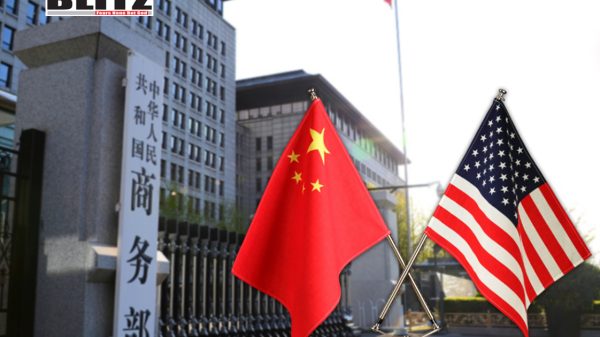
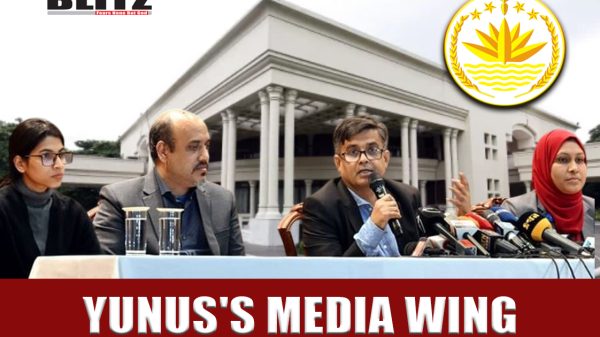
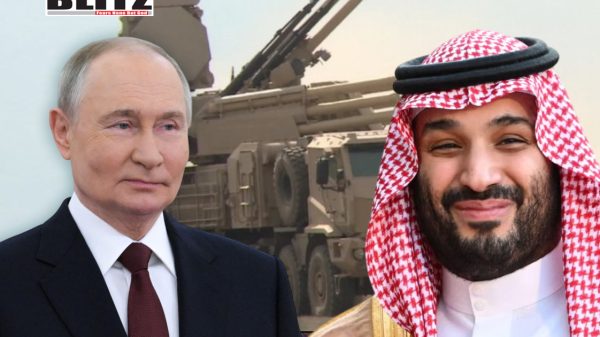
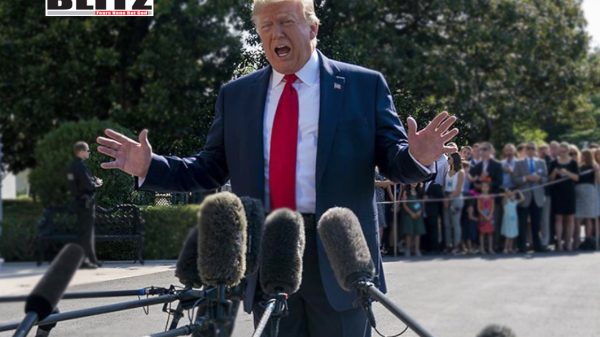
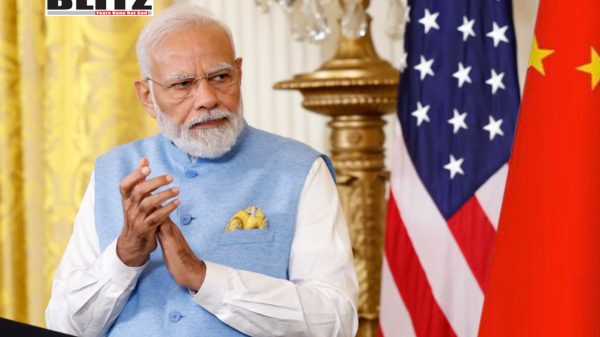

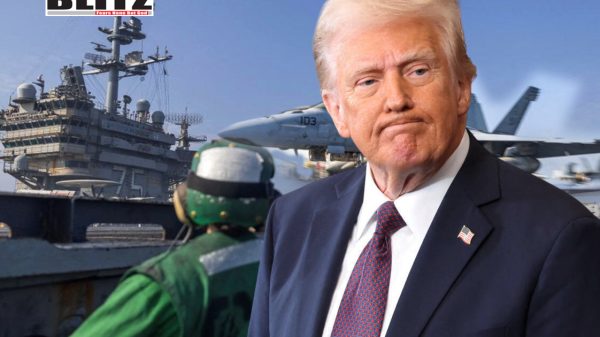
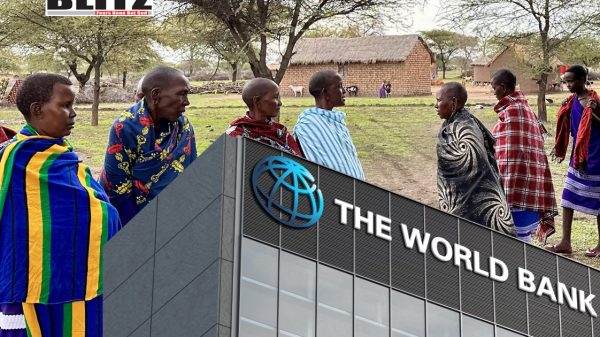

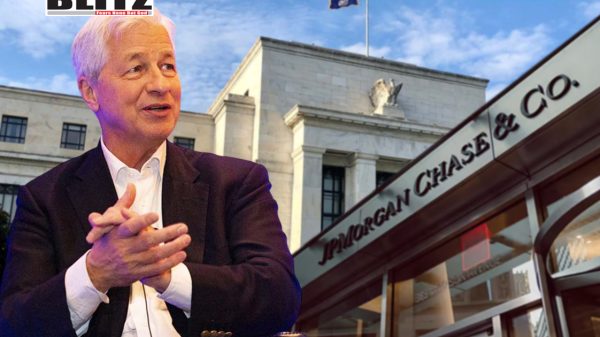
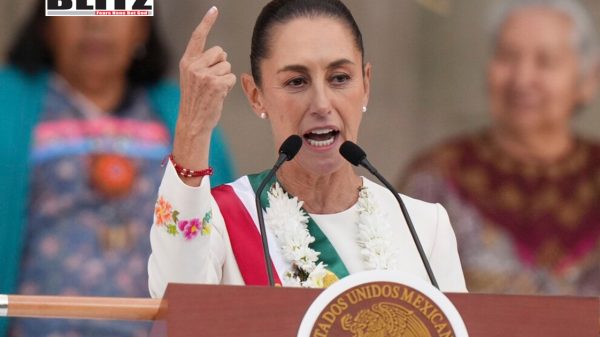
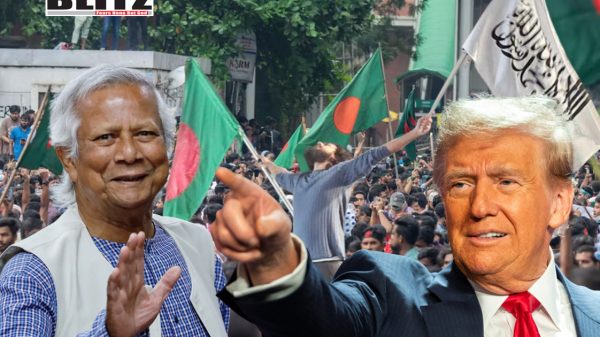

Leave a Reply